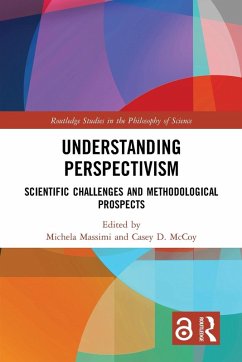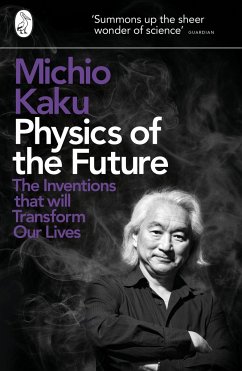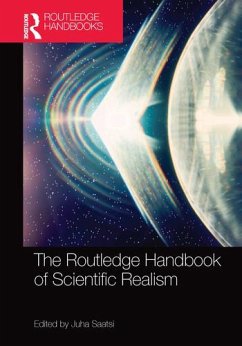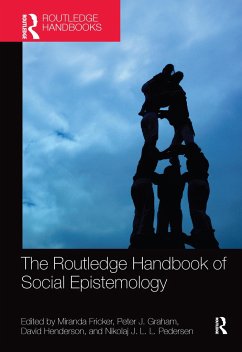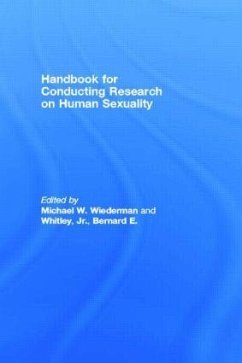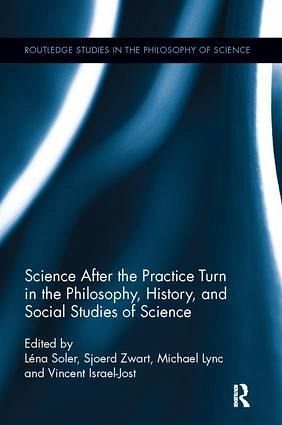
Science after the Practice Turn in the Philosophy, History, and Social Studies of Science

PAYBACK Punkte
27 °P sammeln!
In the 1980s, philosophical, historical and social studies of science underwent a change which later evolved into a turn to practice. Analysts of science were asked to pay attention to scientific practices in meticulous detail and along multiple dimensions, including the material, social and psychological. Following this turn, the interest in scientific practices continued to increase and had an indelible influence in the various fields of science studies. No doubt, the practice turn changed our conceptions and approaches of science, but what did it really teach us? What does it mean to study ...
In the 1980s, philosophical, historical and social studies of science underwent a change which later evolved into a turn to practice. Analysts of science were asked to pay attention to scientific practices in meticulous detail and along multiple dimensions, including the material, social and psychological. Following this turn, the interest in scientific practices continued to increase and had an indelible influence in the various fields of science studies. No doubt, the practice turn changed our conceptions and approaches of science, but what did it really teach us? What does it mean to study scientific practices? What are the general lessons, implications, and new challenges?
This volume explores questions about the practice turn using both case studies and theoretical analysis. The case studies examine empirical and mathematical sciences, including the engineering sciences. The volume promotes interactions between acknowledged experts from different, often thought ofas conflicting, orientations. It presents contributions in conjunction with critical commentaries that put the theses and assumptions of the former in perspective. Overall, the book offers a unique and diverse range of perspectives on the meanings, methods, lessons, and challenges associated with the practice turn.
This volume explores questions about the practice turn using both case studies and theoretical analysis. The case studies examine empirical and mathematical sciences, including the engineering sciences. The volume promotes interactions between acknowledged experts from different, often thought ofas conflicting, orientations. It presents contributions in conjunction with critical commentaries that put the theses and assumptions of the former in perspective. Overall, the book offers a unique and diverse range of perspectives on the meanings, methods, lessons, and challenges associated with the practice turn.





